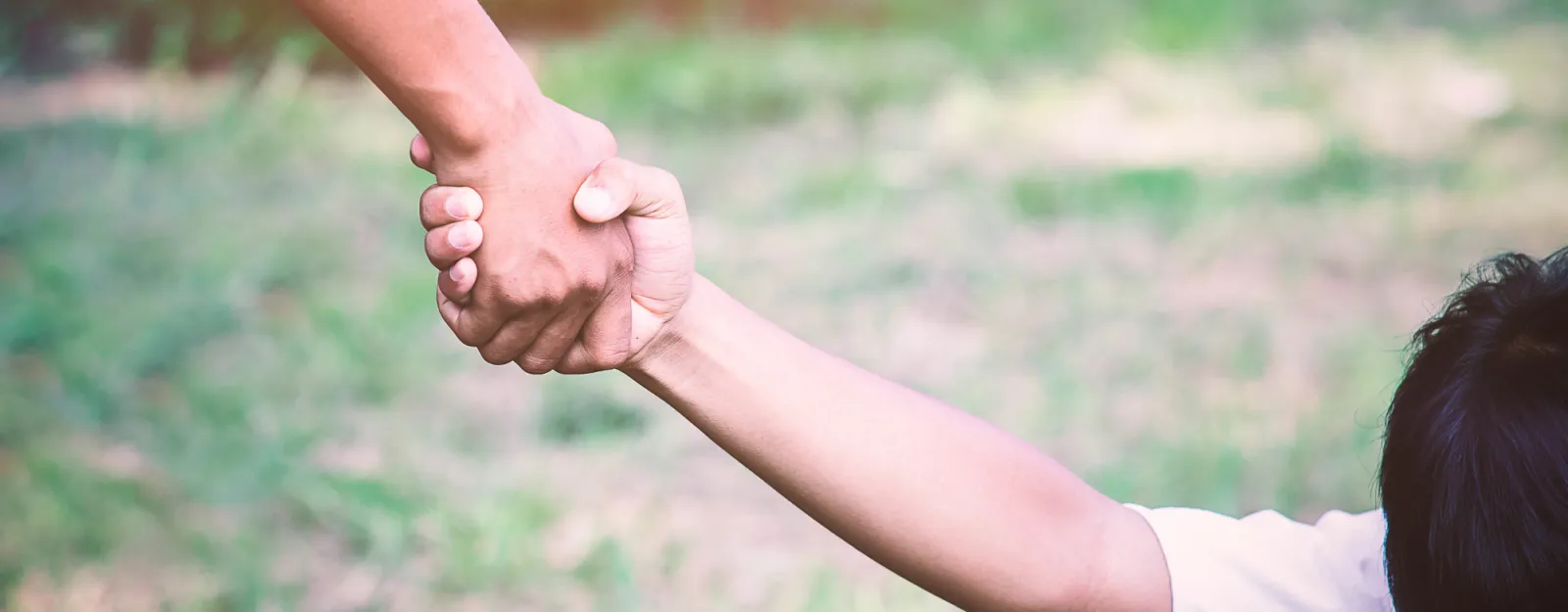When you hear the words “MUST Ministries”, more often than not, you get a vision of an emergency shelter or the Loaves and Fishes Community Kitchen. What many people don’t realize is MUST also offers Permanent Supportive Housing (PSH), a long-term housing program that serves individuals who have experienced chronic homelessness and also live with disabilities. The program is funded through HUD grants that cover housing costs and case management, and small amounts for resident transportation. MUST supplements the program-™s budget, raising funds for costs not covered in the grant, such as household items, hygiene articles, cleaning supplies and medications for some. The program has a formal referral and application and interview process so it is determined if the program can meet the needs of a potential resident. Between Cobb and Cherokee counties, MUST serves approximately 70 individuals through the PSH program including 18 beds specifically funded for veterans.
 I had the pleasure of visiting one of the PSH locations last week. Walt, a veteran with warm smile and welcoming -�hello-�, greeted us. He has been with the program for several months and things are starting to come together in his life. Stephanie, the program-™s director asked us to join her in her cramped office filled with the various items of daily living used by the residents as many of them have few financial resources. A few residents have mainstream benefits ($700) and food stamps ($135) monthly, but it is difficult to make ends meet without additional supportive assistance.
I had the pleasure of visiting one of the PSH locations last week. Walt, a veteran with warm smile and welcoming -�hello-�, greeted us. He has been with the program for several months and things are starting to come together in his life. Stephanie, the program-™s director asked us to join her in her cramped office filled with the various items of daily living used by the residents as many of them have few financial resources. A few residents have mainstream benefits ($700) and food stamps ($135) monthly, but it is difficult to make ends meet without additional supportive assistance.
Once an individual is accepted into the PSH program, he/she works closely with a case manager to establish goals, connect with other services designed to enhance success, medical or mental health treatment and recovery programs. Case managers teach budgeting and daily living skills, assist in appointment management and connecting with employment or volunteer opportunities. Everyone is encouraged and supported to learn to make better choices and to strive for self-sufficiency. The approach is person-centered, acknowledging that each resident is an individual and must learn to make choices and take responsibility for those choices.
Stephanie-™s commitment to the residents comes through as she shares her belief that the program MUST has designed is one of community building and family. You can hear the passion in her voice as she tells stories about residents who live in MUST’s PSH apartments. She describes them as -�extraordinary individuals who have survived really hard lives and are now working towards a brighter future with the help of MUST.-� You can also hear the frustration as she explains the hurdles some residents face on a daily basis when trying to reach their goals. For instance; in order to get your driver’s license or other recognized government-issued picture ID, you have to have your birth certificate. In order to get your birth certificate, you have to have your driver’s license. To order a copy of your birth certificate you have to go online. To go online, you need a credit card to order and pay for your birth certificate. SO – if you have limited financial resources -" circle around and begin again. If you can-™t get required ID, you can-™t get services and if you can-™t get services how do you lift yourself out of homelessness? In today-™s society, identification is paramount; without it you can do nothing.
Other challenges that must be overcome are limited access to appropriate medical care (for those without financial resources it is difficult to obtain and if medication is prescribed, you may not have enough to purchase an expensive prescription drug). Did you know that some medications that help an individual living with mental illness manage his/her symptoms costs $400 a month?
Food insecurity is also a problem. Even at the highest-level ($200), food stamps work out to be around $6.50 a day in a 30-day month. Stephanie is hoping to collaborate with volunteers to create a community garden for the Cobb and Veterans-™ programs. She hopes to find some compassionate, passionate gardeners who can help get the required materials and plants, as well as teach the residents how to grow and harvest their own fresh vegetables.
Transportation is another barrier. Bus routes have limitations and mobility issues may discourage an individual or make it more difficult to carry groceries or other bulky or heavy items. A few male residents have bicycles that get used a great deal, but there are few resources when things need repairs.
There are plenty of success stories as well-� not always the clapping and shouting kind of success, but the quiet, been waiting for that a really long time kind. It could be an individual leaving the program to move to the next level of independence and self-sufficiency or a veteran who reconnects with family after years of being apart. Most of the time it is the small things. Perhaps finally, after months of working together, you get eye contact or twice someone was on time for case management that demonstrate positive effect this MUST program has on our communities. Even the smallest successes make a difference here.

